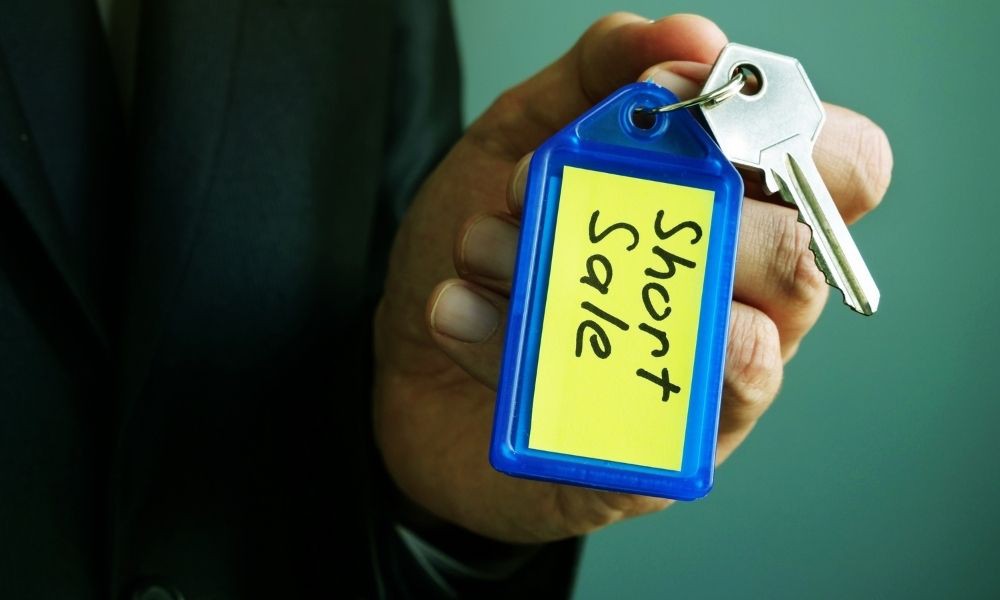A short sale occurs when your lender agrees to let you sell your home for less than what you owe on the mortgage. While it’s often a more favorable option than foreclosure, it does have a direct effect on your credit score. Here's what you need to know:
- Initial Drop: A short sale typically results in a significant credit score decrease, often ranging from 50 to 150 points, depending on your starting score. Higher initial scores may experience a sharper decline.
- Impact Duration: A short sale can remain on your credit report for up to seven years, though its influence diminishes over time if you maintain good financial habits.
Factors That Influence the Credit Impact
The extent of the damage to your credit score depends on several factors:
- Delinquency History: If you were already behind on mortgage payments before the short sale, your score might take a larger hit.
- Agreement Details: The way your lender reports the short sale can make a difference. If they mark it as “paid as agreed” or “settled,” the impact may be less severe than if it’s listed as a “charge-off.”
- Other Debts: Your overall credit health, including outstanding debts and payment history, plays a role in how much your score is affected.
Benefits of a Short Sale Over Foreclosure
While both short sales and foreclosures negatively impact credit, short sales tend to be less damaging.
- Shorter Recovery Period: With a short sale, you might be eligible to buy another home sooner—often within two to four years, compared to seven years for a foreclosure.
- Financial Stability: Avoiding foreclosure reduces the risk of wage garnishment or collection activities, helping you regain control of your finances more quickly.
How to Rebuild Your Credit After a Short Sale
Taking steps to repair your credit score post-short sale can significantly speed up recovery. Here are some strategies to consider:
- Monitor Your Credit Report: Ensure the short sale is accurately reported. Dispute errors immediately.
- Pay Bills on Time: Consistent on-time payments for other debts, like credit cards or car loans, demonstrate reliability to creditors.
- Reduce Credit Utilization: Aim to use no more than 30% of your available credit to improve your score.
- Consider Secured Credit Options: If your score took a substantial hit, secured credit cards or loans can help rebuild your credit profile.
We’re Here to Help
Understanding how short sales impact your credit is just one piece of the puzzle. At Short Sale Cooperative, we’re dedicated to helping homeowners navigate every aspect of the short sale process. Our team works closely with you to minimize stress and ensure you make the best decisions for your financial future.
Learn more about how we can help you today or contact us for personalized assistance.

Recent Comments